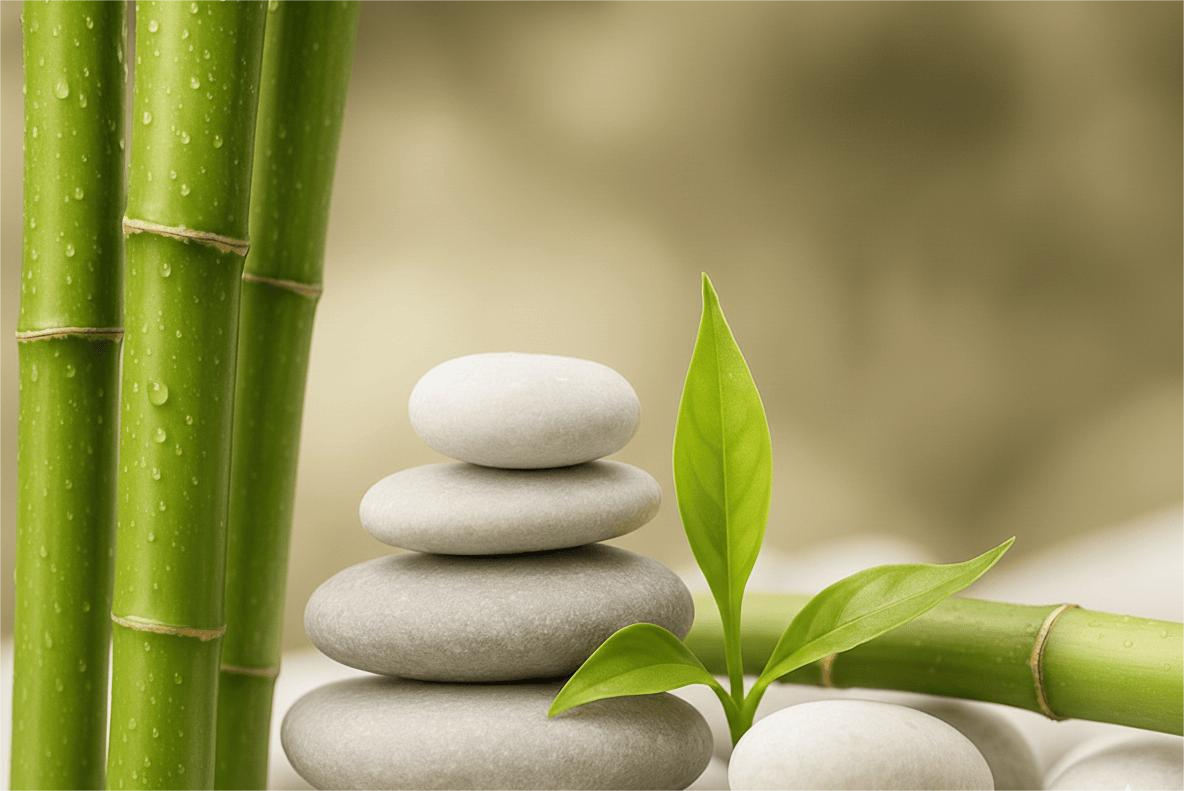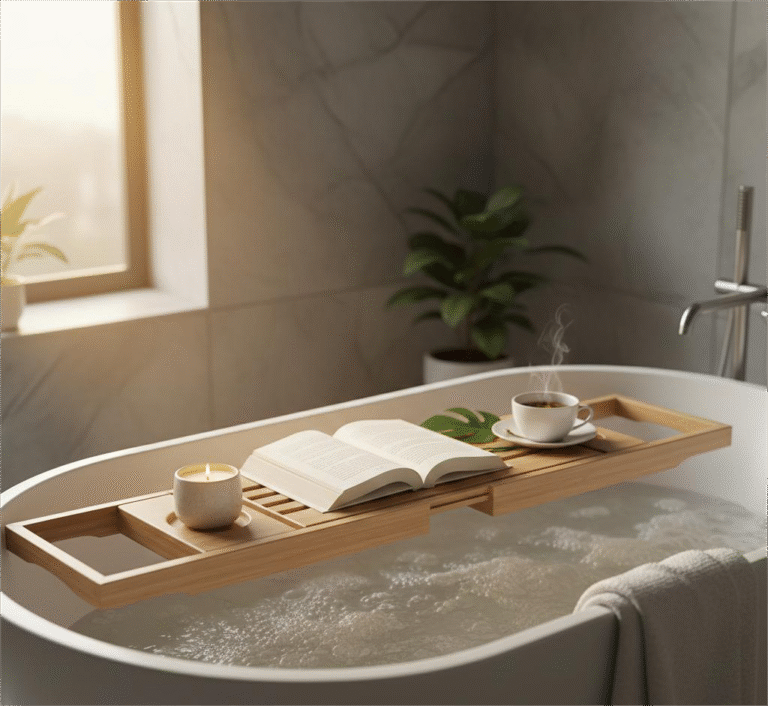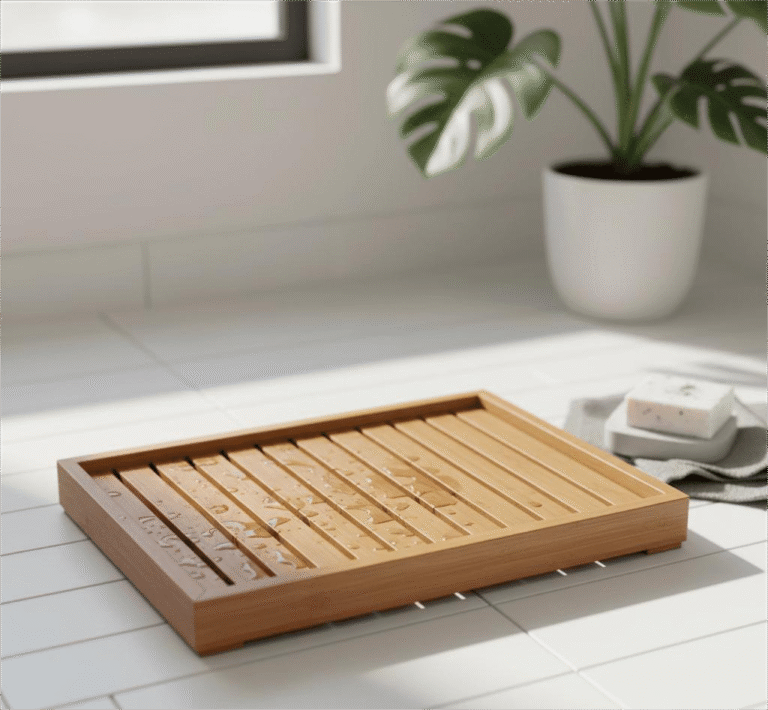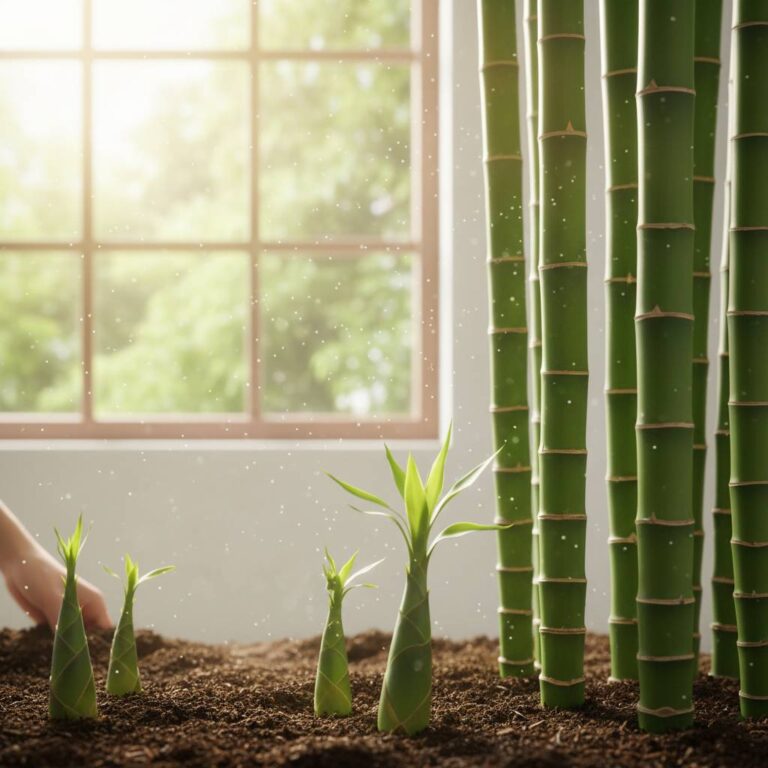Is Bamboo Waterproof?

Is bamboo waterproof – No, bamboo is not completely waterproof. However, it is naturally water-resistant to some extent due to its dense fibers and natural silica content. With proper treatment and sealing, bamboo can be made more resistant to moisture and water damage.
Understanding Bamboo’s Water Resistance
Bamboo has gained popularity for its strength, eco-friendliness, and versatility. But when it comes to water exposure, the question remains: Is bamboo waterproof?
Natural Water Resistance of Bamboo
Bamboo contains a natural compound called silica, which helps protect it from moisture. This makes bamboo more resistant to water compared to many types of wood.
However, resistance does not mean waterproofing. Prolonged exposure to water can cause bamboo to swell, warp, or develop mold.
- Bamboo fibers have a high density, which helps reduce water absorption.
- Studies show that untreated bamboo can absorb up to 20% of its weight in water, depending on humidity and exposure.
- Bamboo’s water resistance varies based on species, age, and processing methods.
Discover if bamboo is truly waterproof and how a bamboo toothbrush case can protect your brush from moisture
Why Bamboo is Not Fully Waterproof
Even though bamboo is naturally resistant to moisture, it is still a plant-based material. Like wood, it absorbs water when exposed for extended periods.
- When bamboo absorbs moisture, its fibers expand, which can lead to warping and cracking.
- If water remains trapped, it can cause bamboo to develop mold and rot over time.
How to Make Bamboo More Waterproof
To improve bamboo’s water resistance, specific treatments and finishes are necessary:
Where Bamboo Performs Well Around Water
While bamboo is not fully waterproof, it works well in moisture-prone areas when properly treated:
- Bathroom Flooring: Sealed bamboo flooring can handle humidity but should not have standing water.
- Outdoor Decking: Treated bamboo planks withstand rain and moisture better than untreated options.
- Kitchen Use: Bamboo cutting boards and utensils resist moisture but need regular oiling to maintain durability.
Maintenance Tips for Bamboo in Wet Areas
To keep bamboo in good condition, follow these maintenance tips:
- Wipe spills immediately – Prevent water from sitting on bamboo surfaces.
- Use a dehumidifier – Helps control humidity and reduce moisture absorption.
- Re-seal regularly – Apply a fresh coat of sealant every 6–12 months, especially for outdoor bamboo.
- Avoid direct water exposure – Do not soak bamboo or leave it submerged in water.
Conclusion
So, is bamboo waterproof? No, but it is naturally water-resistant due to its silica content and dense fibers. With proper sealing, oil treatment, and regular maintenance, bamboo can withstand moisture better than many other wood alternatives. If you plan to use bamboo in damp or wet areas, investing in high-quality treatments and finishes will ensure its longevity and performance.



